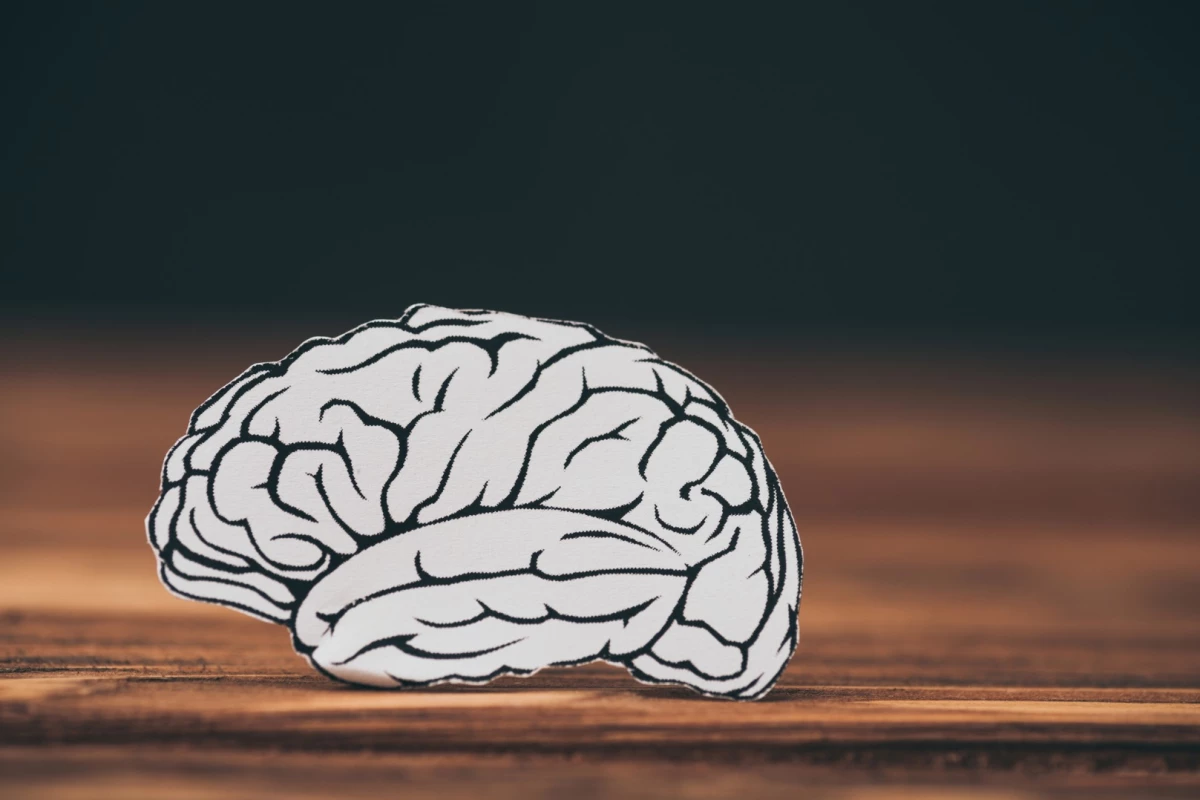A shockwave reverberated through the Alzheimer's research community today after pharmaceutical company Biogen announced it was discontinuing two massive final phase human trials into the previously promising Alzheimer's drug aducanumab. The announcement is the latest in a long line of failed Alzheimer's drugs targeting the popular amyloid protein hypothesis.
2019 is shaping up to be a rough year for Alzheimer's researchers and pharmaceutical companies. Back in January pharma giant Roche announced it was stopping its major human trials into a drug called crenezumab. Deep into phase 3 trials, and following on from years of study, the early final trial results suggested the drug simply didn't work to slow, or reverse, the damage from Alzheimer's disease.
Now, barely two months later, neurological pharma outfit Biogen has pulled the plug on its Alzheimer's drug. Perhaps even more disappointing than prior negative announcements, aducanumab has been one of the most promising potential Alzheimer's treatments moving through the pipeline over the past few years.
Aducanumab was developed by examining immune cells from unusually cognitively healthy senior citizens. A particular antibody was isolated that seemed to specifically target the toxic amyloid proteins commonly associated with Alzheimer's. Early clinical trial results proved exciting, showing the antibody effectively, and safely, cleared amyloid plaques from Alzheimer's patients, and improved cognitive symptoms.
All eyes were on this large final phase human trial that has been running for the past few years. In this disappointing announcement from Biogen the company says the decision to discontinue all trials into aducanumab was based on a recommendation from an independent data monitoring committee. Early evaluation of the results so far suggested the drug was not working and would not meet its primary endpoint goals.
"This disappointing news confirms the complexity of treating Alzheimer's disease and the need to further advance knowledge in neuroscience," says Biogen CEO Michel Vounatsos. "We are incredibly grateful to all the Alzheimer's disease patients, their families and the investigators who participated in the trials and contributed greatly to this research."
The failure of yet another Alzheimer's drug targeting amyloid pathways has again rekindled debate over whether scientists are pursuing the right target for Alzheimer's treatments. A near constant parade of discontinued clinical trials have consistently failed in reversing, or even slowing, the cognitive decline associated with Alzheimer's, causing some researchers to question the fundamental veracity of the amyloid hypothesis.
"Something is wrong with the way we're thinking about Alzheimer's and amyloid, folks, something is wrong," writes researcher Derek Lowe, a long-time skeptic of the amyloid hypothesis. "It's been wrong for a long time and that's been clear for a long time. Do something else."
John Hardy, a professor of neuroscience from University College London, suggests the problem may not be in targeting amyloid itself, but instead could be more related to the disease stage many of these trials are focused on. It has been hypothesized that once amyloid has aggregated and caused neurological damage it is too late to try these kinds of anti-amyloid treatments.
"What this failure appears to teach us is that removing amyloid from the brain after it has deposited does little good," says Hardy. "This is the simplest explanation of the trial failure. For amyloid therapies to work, we need to identify people before they start to lose nerve cells."
While this new failure is inarguably a disappointing result, there are a number of researchers around the world who have been inspired by the many recent amyloid failures, and who have begun to investigate a raft of different potential Alzheimer's causes. Abnormal levels of brain iron, the herpes virus, bad sleep and gum disease are just a few of the new and unusual associations being researched as potential causes of Alzheimer's, and while we may still be quite a long way off finding an effective treatment for this devastating neurodegenerative disease, this latest failure is certainly not the end of the line for researchers.
Source: Biogen




